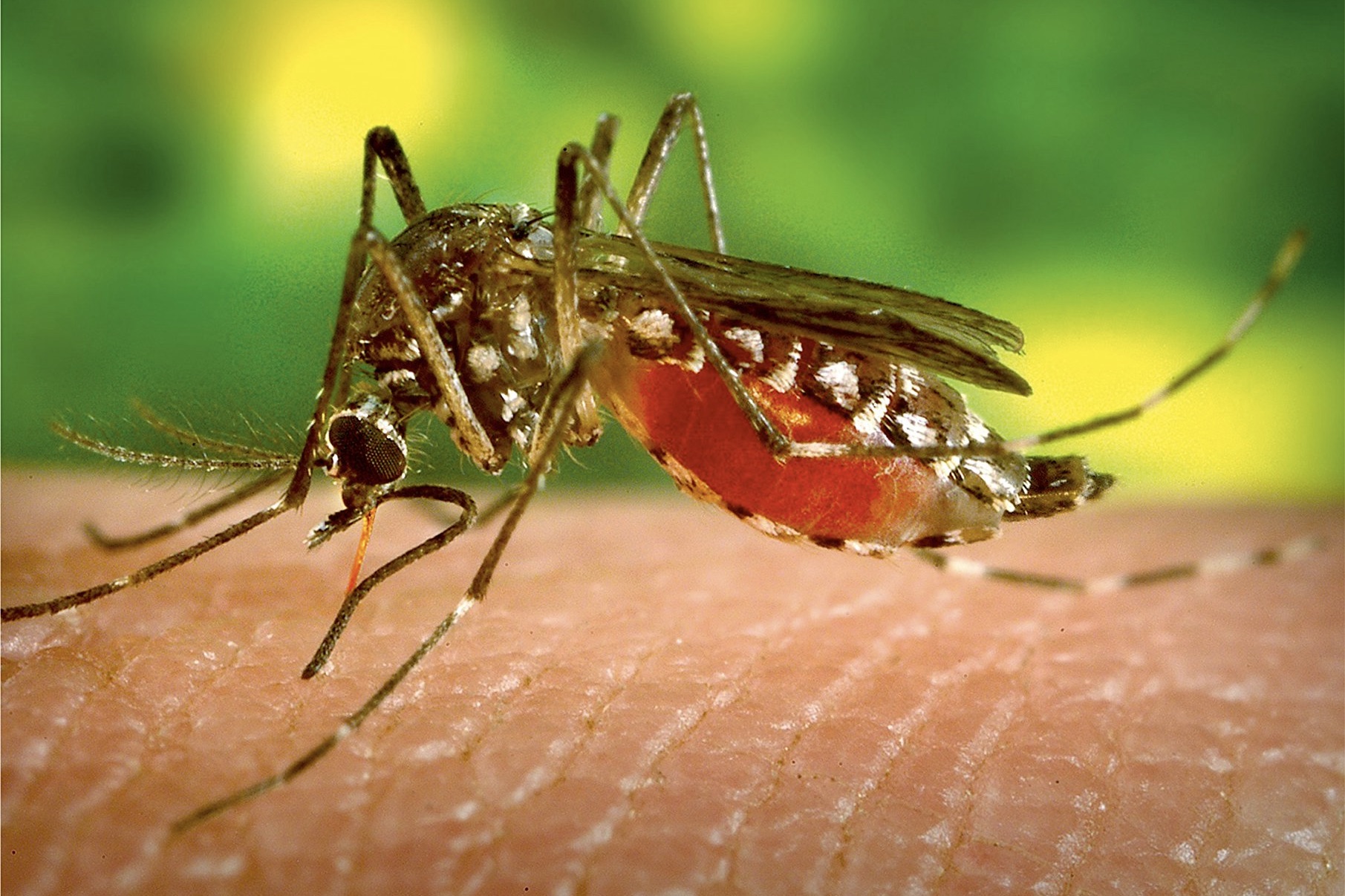
PULSE READING
The Dengue Scare
Dr Manju Gupta
The other day a Tau ( an all encompassing term for an elderly, Haryanvi gentleman) in my O.P.D clinic lamented, ” Pehle Dengue Dilli mein hi hota tha, ab hum bhi NCR mein aa gaye, metro aur development toh aayee nahi , bimari aa gayee.” His rustic wit, meant to evoke laughter, got me thinking. There was some truth in his observation. Dengue and other vector borne diseases are common in crowded urban areas with poor sanitation. Unplanned urbanisation and rapid industrialisation without adequate civic amenities causes an upsurge of such illnesses.
Notwithstanding, Tau’s candour is an exception. Between the electronic media going berserk over its pervasiveness and ability to kill and the government trying to sweep the entire endemic under a large rug, most of my illiterate and semi-literate patients are a scared lot. So they have resorted to their usual defence of warding off the evil eye by not talking about it. In fact they refrain from even mentioning it. So these days, patients with fever give me a knowing look and ask ” doctor sahab, kahin doosre wala bukhar to nahin hai?” . I know they are afraid because they avoid calling cancer by its name too, hinting at it as ‘koi aisi vaisi bimari’. In any case, even if they wanted to, they wouldn’t get its name right, Dengue is pronounced as ‘dengi’, unlike ague which is pronounced as it is written and plague which chooses to ignore the ‘ue’. There is no room to argue here!
The scare of dengue has proven worse than the disease itself, sending people in hordes to hospitals, straining our already overburdened health system to its limits. Irresponsible and sensational reporting by the media is much to blame for this. Anyone testing positive for Dengue panics and seeks admission in a private or government hospital depending on whether he wants to use his money or power . This leaves fewer beds for complicated cases which genuinely require admission.
Anyhow, first the good news, Dengue, a viral infection, with five known strains, which is transmitted by the bite of infected Aedes mosquitoes, though rampant, is not as dangerous as its made out to be. Most of the patients will recover from the high grade fever, headache and vomiting uneventfully although the weakness, aches and pains will last several weeks. It has truly earned its name of bone- breaking fever! Only five percent will develop complications like bleeding as seen in dengue haemorrhagic fever or go into the dreaded dengue shock syndrome.
The bad news is that there is no way of predicting the course of the disease which makes all cases potentially dangerous. So while most patients will just require paracetamol and oral fluids, the need for judicious monitoring and regular follow up cannot be negated. There are some warning signs which the patient should not ignore. Worsening abdominal pain, persistent vomiting, decreased urine output, bleeding from any site and lethargy or restlessness should be promptly reported to the attending physician. People who have suffered from this illness in the past will develop life long immunity for that strain but reinfection with any of the other four strains is likely to be more dangerous . Thus it is important to inform the doctor about any previous bout of Dengue fever. Also children are more susceptible to complications so require extra care.
Although research is in progress there is still no vaccine for the five known strains of the Dengue virus. So the only way to prevent dengue is by controlling the Aedes mosquito which bites during the daytime. This can be done by staying covered and using repellent creams and not letting water collect around the house. Large breeding grounds can be destroyed by pouring pesticides or oil on stagnant water. Recently small fish namely guppies have been released in water bodies as a more eco-friendly method. Fogging and spraying insecticides is also of value.
There is no denying the fact that the increasing incidence of Dengue shows the failure of our public health system and mars our claim that India has arrived . With ‘Progress’ being the current political mantra it is pertinent that we question its cost and relevance to the average citizen. Should the yardstick of progress be bullet trains, an increase in GDP and the ability to ‘Make in India’ or should it be the eradication of third world communicable diseases which unnecessarily kill thousands of citizens.
By the time you read this Dengue will be on its way out. A drop in temperature kills the mosquitoes and the problem is temporarily resolved only to return in larger proportions with the next monsoon. Only diligent and timely corrective steps by the state can curb this menace. It is imperative that next year the government wakes up before the mosquitos. We should not have to rely on Divine intervention alone.
( published in my column in the Tribune on 18/10/2015)